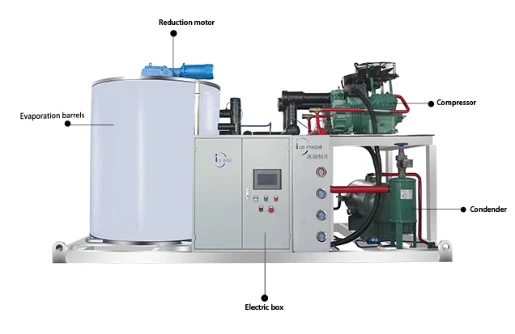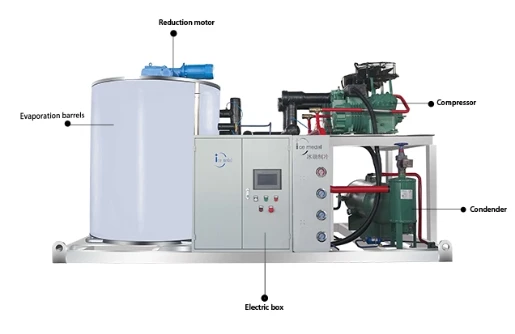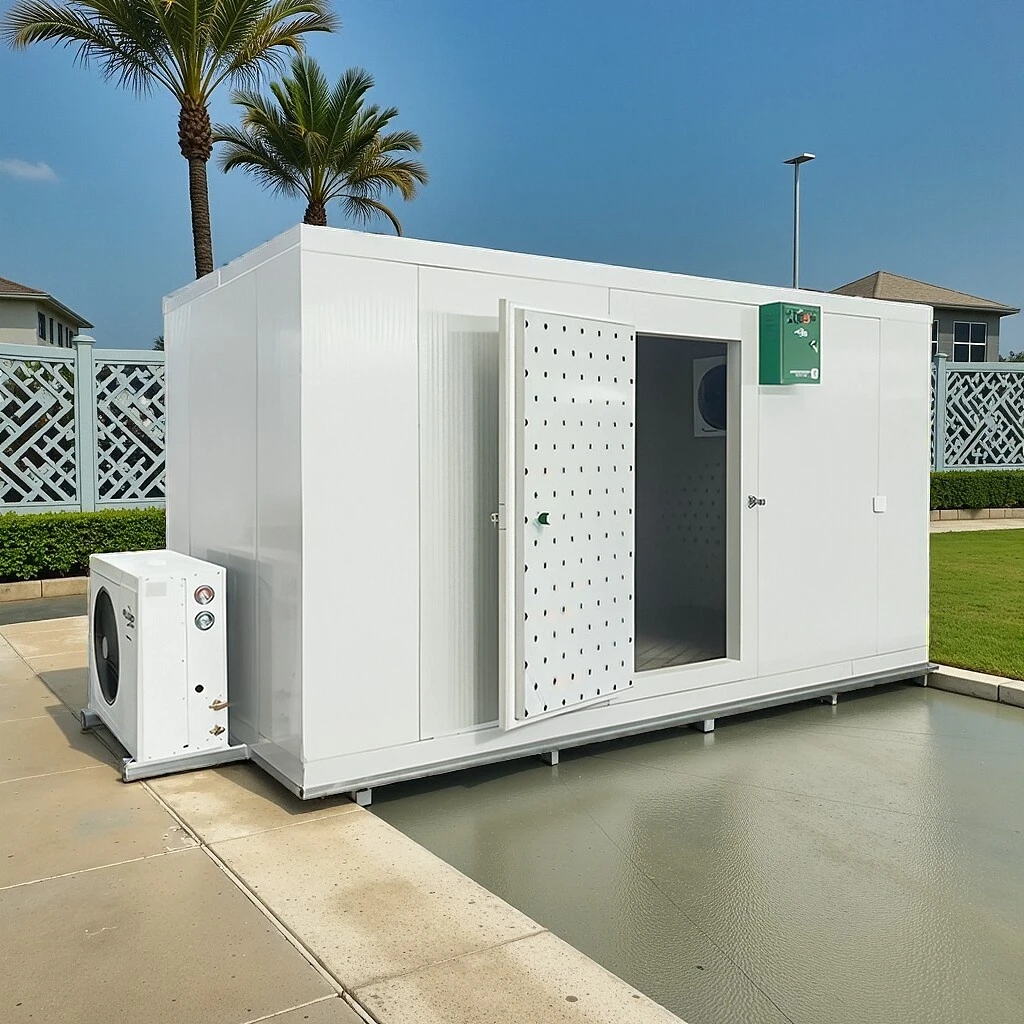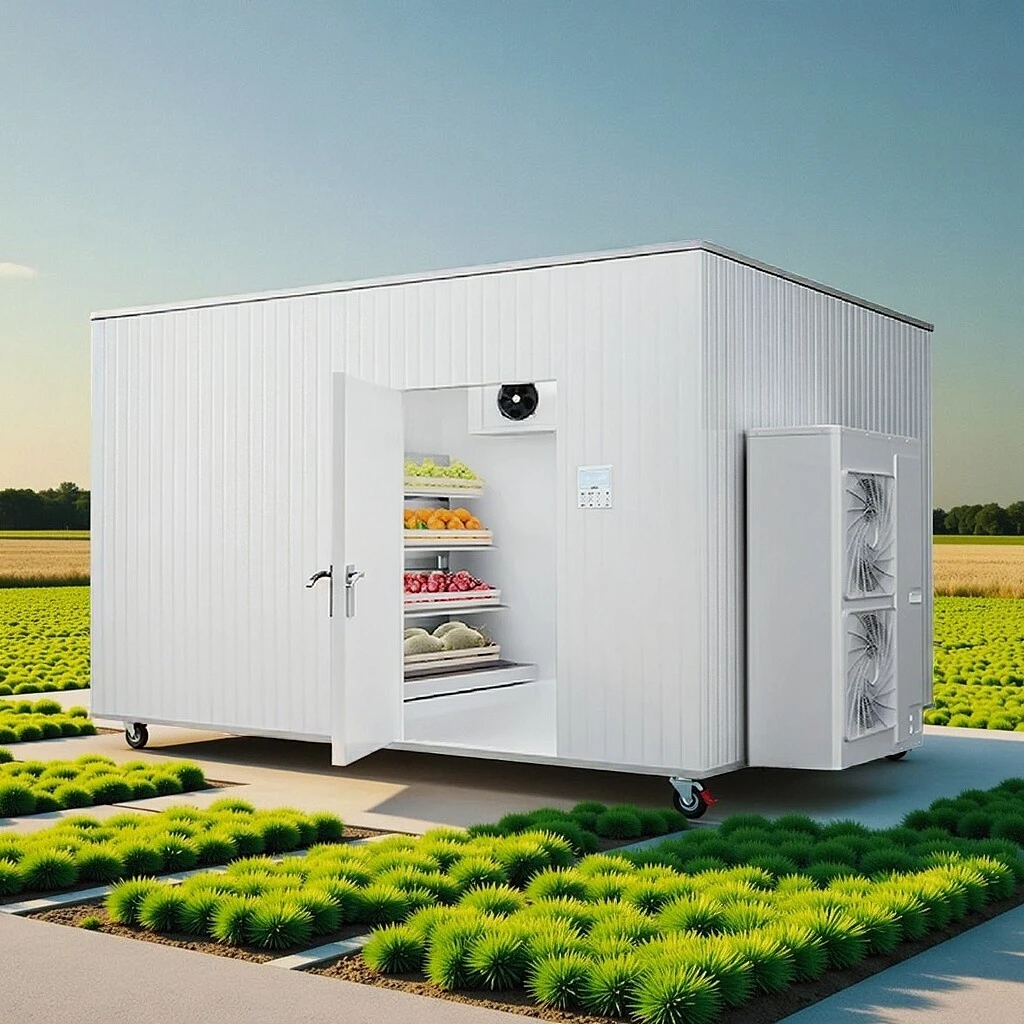Custom Cool Room
Custom cool rooms offer tailored solutions for businesses and individuals seeking precise temperature and humidity control for their specific needs. Whether it's for storing perishable goods, maintaining optimal conditions for scientific experiments, or creating comfortable environments in commercial spaces, custom cool rooms provide efficient and reliable cooling solutions. In this comprehensive guide, we will delve into the various aspects of custom cool rooms, including their benefits, applications, design considerations, and key features.
Benefits of Custom Cool Rooms:
Custom cool rooms offer several advantages over standard cooling systems. Firstly, they allow for precise temperature and humidity control, ensuring that sensitive items such as food, pharmaceuticals, and electronics remain in optimal condition. Additionally, custom cool rooms can be designed to maximize space utilization, providing ample storage capacity without compromising efficiency. Moreover, these rooms are highly customizable, allowing businesses to tailor the design to their specific requirements, whether it's size, layout, or temperature range.
Applications of Custom Cool Rooms:
The versatility of custom cool rooms makes them suitable for a wide range of applications across various industries. In the food industry, custom cool rooms are indispensable for storing perishable goods such as fruits, vegetables, meats, and dairy products. They help prolong the shelf life of these items and maintain their freshness and nutritional value. In the pharmaceutical industry, custom cool rooms are essential for storing temperature-sensitive medications and vaccines, ensuring their efficacy and safety. Furthermore, custom cool rooms find applications in scientific research, healthcare facilities, hospitality sector, and cold chain logistics, among others.
Design Considerations for Custom Cool Rooms:
Designing a custom cool room requires careful consideration of several factors to ensure optimal performance and efficiency. Firstly, the layout and size of the room should be tailored to accommodate the specific storage requirements and volume of goods to be stored. The insulation materials and sealing mechanisms play a crucial role in preventing heat transfer and maintaining consistent temperatures. Additionally, the cooling system should be selected based on the desired temperature range, energy efficiency, and environmental considerations. Proper ventilation and air circulation are also essential to prevent moisture buildup and maintain air quality within the room.
Key Features of Custom Cool Rooms:
Custom cool rooms are equipped with a range of features to enhance functionality and performance. Temperature control systems, such as thermostats and humidity sensors, allow for precise regulation of environmental conditions. High-quality insulation materials, such as polyurethane foam or vacuum panels, provide excellent thermal efficiency and minimize energy consumption. Advanced cooling systems, such as compressor-based or absorption refrigeration units, ensure reliable and consistent cooling performance. Additionally, custom cool rooms may include safety features such as alarms, emergency lighting, and backup power supply to protect stored goods in case of power outages or equipment failures.
In conclusion, custom cool rooms offer tailored cooling solutions for diverse applications, providing precise temperature and humidity control, ample storage capacity, and customizable designs. By considering key factors such as layout, insulation, cooling systems, and safety features, businesses and individuals can create custom cool rooms that meet their specific needs and requirements. Whether it's for preserving perishable goods, conducting scientific experiments, or maintaining comfortable environments, custom cool rooms are essential assets that contribute to efficiency, productivity, and quality assurance.






